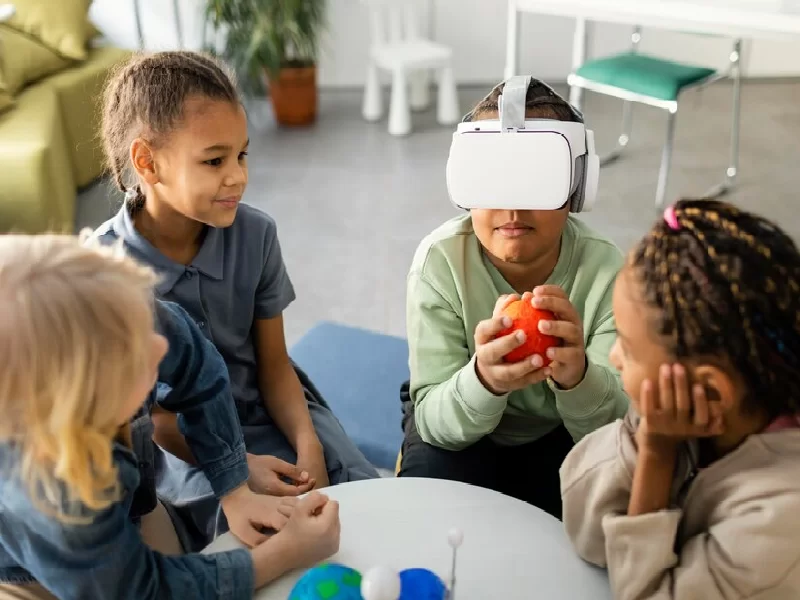- Google.org launched a $20 million program, Google.org Accelerator: Generative AI, aiming to help fund nonprofits developing tech that leverages generative AI.
- The program might simplify processes like language translation for refugees, public benefits enrolment support, and so on. However, despite nonprofits being interested in it, barriers like huge costs, limited resources, and lacking awareness exist.
Google.org, Google’s charitable wing, is launching a new program to help fund nonprofits developing tech that utilises generative AI.
Google dives into integrating generative AI into nonprofits
The program is called Google.org Accelerator: Generative AI. In addition to $20 million in grants, the nonprofits in the six-month accelerator program will also get access to technical training, workshops, mentors, and guidance from an “AI coach”. And, through Google.org’s fellowship program, teams of Google employees will work with three of the nonprofits — Tarjimly, Benefits Data Trust, and mRelief — full-time for up to six months to help launch their proposed generative AI tools.
Tarjimly aims to use AI to translate languages for refugees, while Benefits Data Trust is tapping AI to create assistants that support caseworkers in helping low-income applicants enroll in public benefits. mRelief, meanwhile, is designing a tool to streamline the U.S. SNAP benefits application process.
“Generative AI can help social impact teams be more productive, creative, and effective in serving their communities,” Annie Lewin, director of global advocacy at Google.org, said in a blog post. “Google.org funding recipients report that AI helps them achieve their goals in one-third of the time at nearly half the cost.”
Also read: Valeo embraces Google Cloud and AI to drive automotive innovation
Generative AI in nonprofits still faces obstacles
According to a survey by PwrdBy, 73% of nonprofits think generative AI innovation aligns with their predictions, and 75% believe AI made their life easier, especially in donor categorization, routine back-office tasks, and “mission-driven” initiatives.
However, there remain significant barriers for nonprofits looking to build their own AI solutions or adopt third-party products — chiefly cost, resources, and time.
In the blog post, Lewin cites a Google.org survey that similarly found that, while four in five nonprofits think generative AI may apply to their work, nearly half currently aren’t using the tech as a result of a range of internal and external roadblocks. “[These nonprofits] cite a lack of tools, awareness, training, and funding as the biggest barriers to adoption,” she said.

